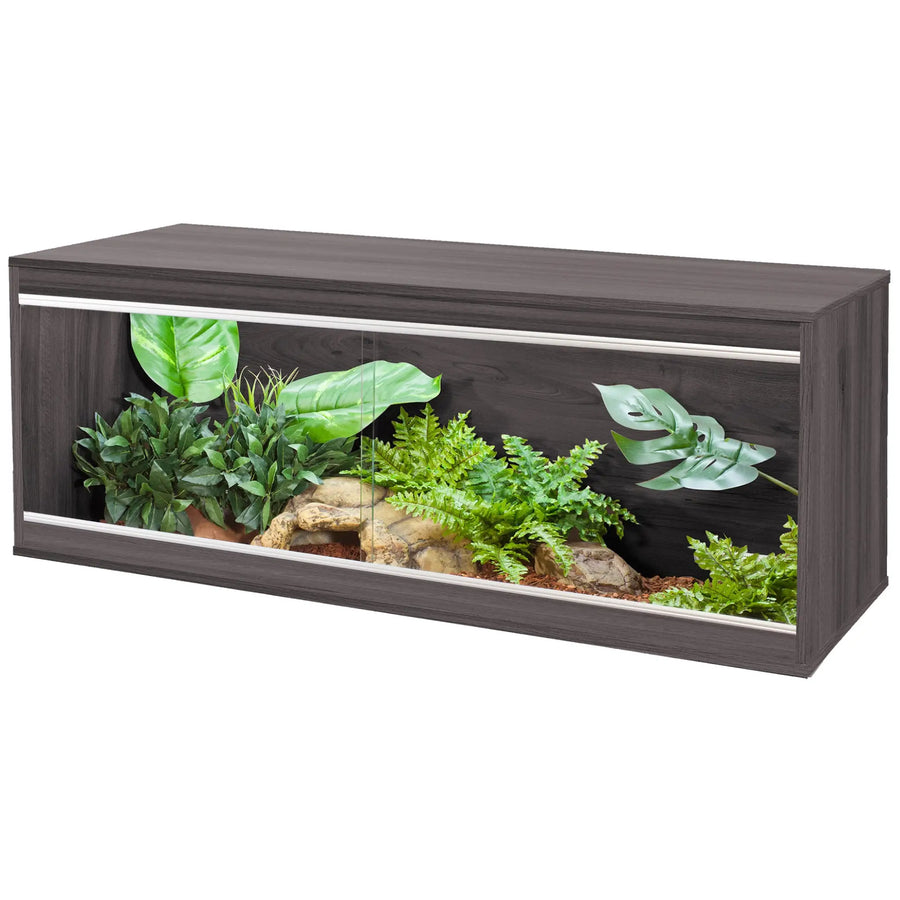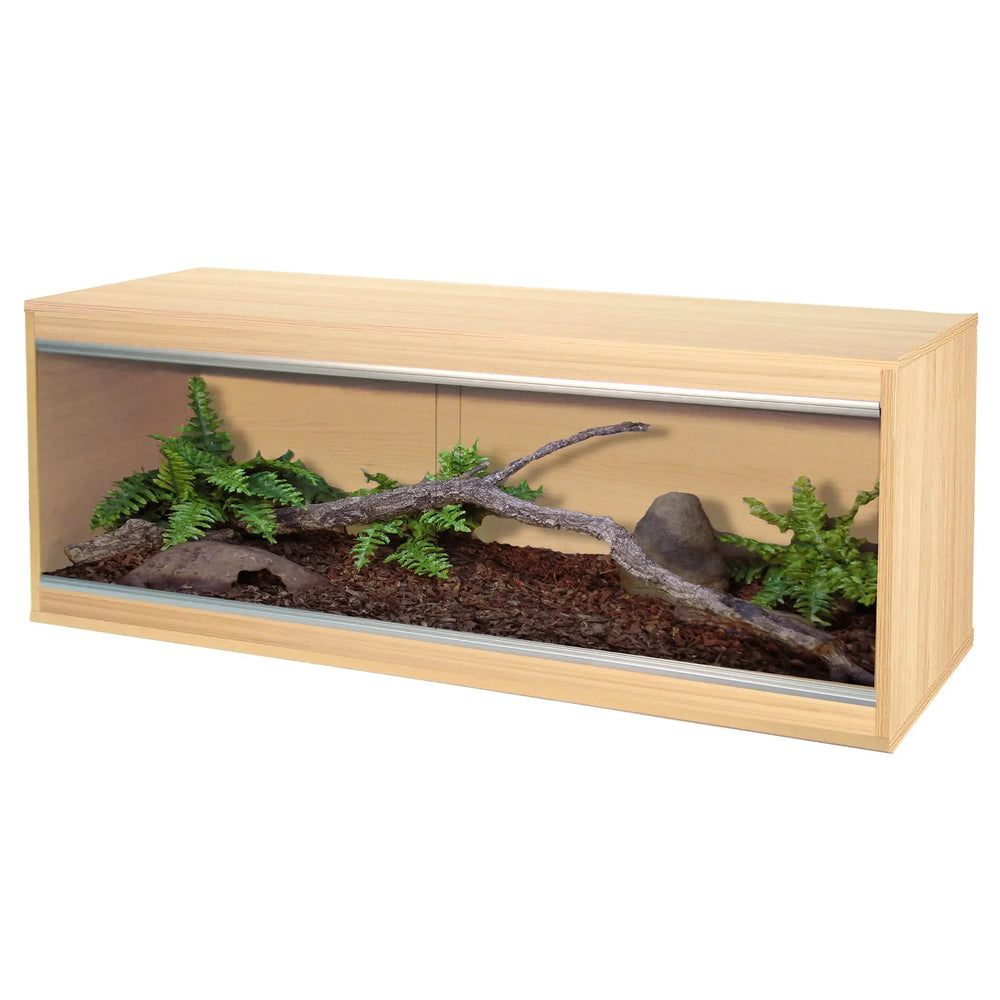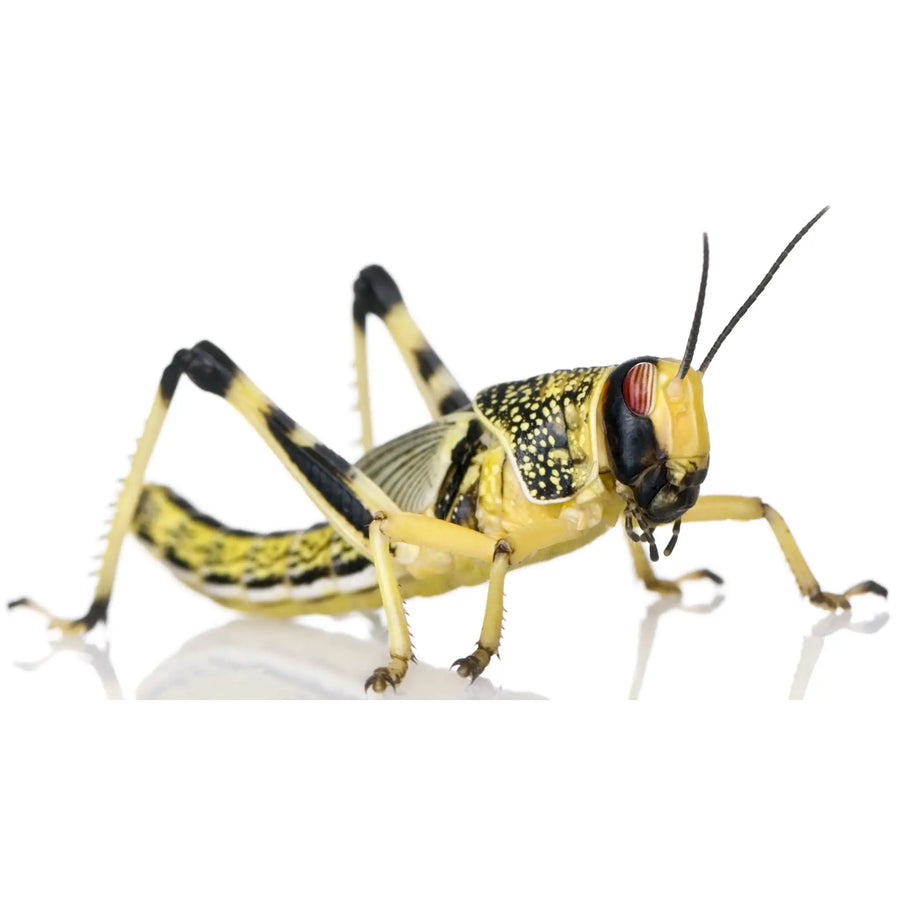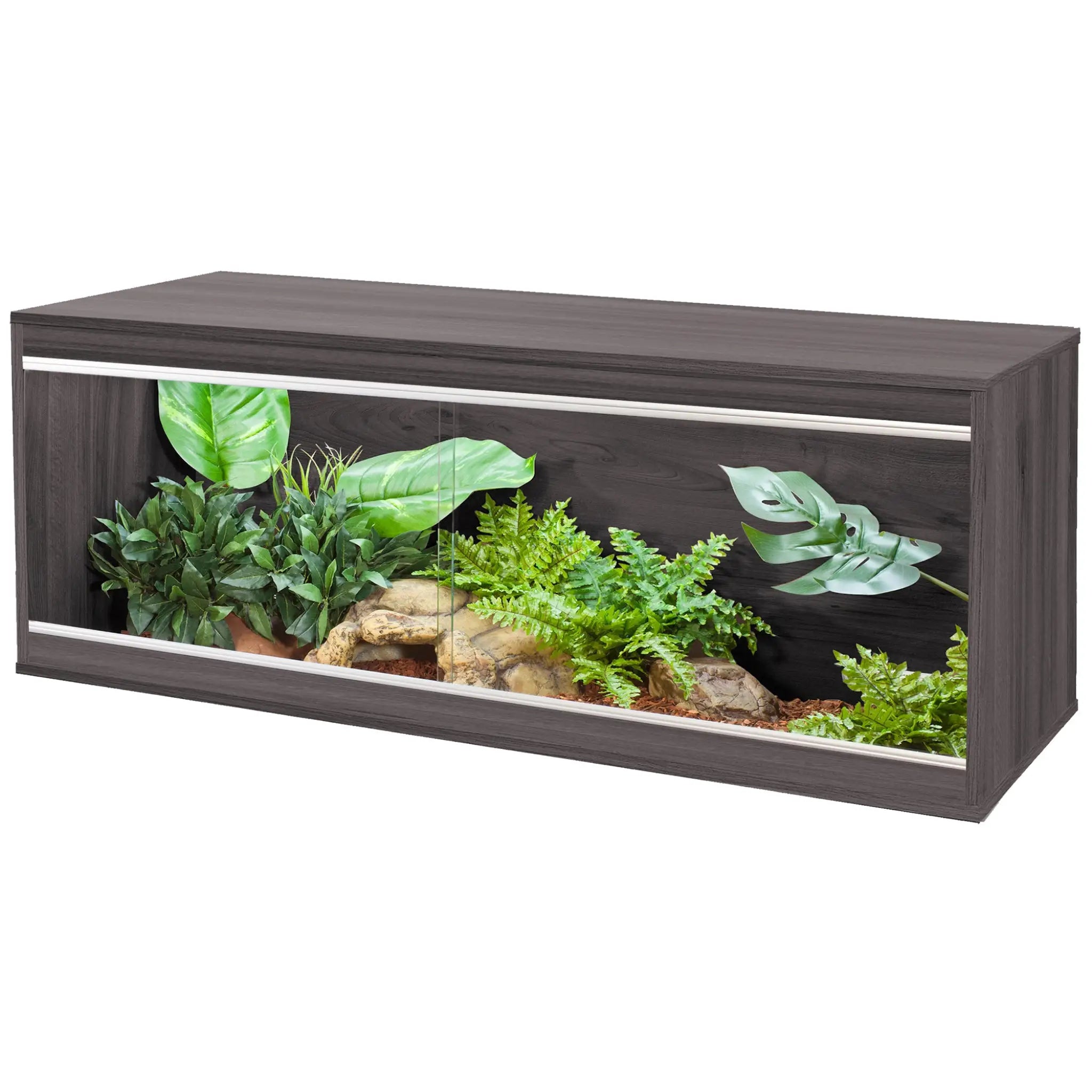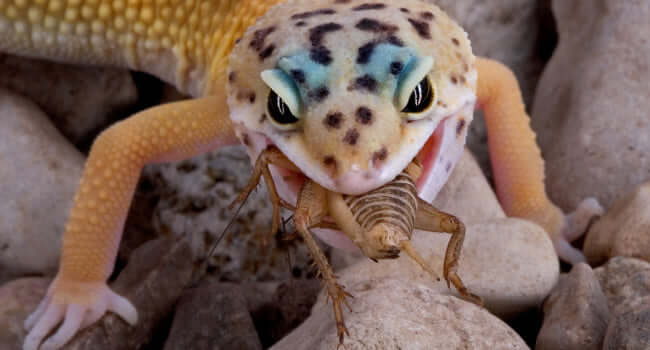
Do Leopard Geckos Need UVB? Here's What You Should Know
There has been a lot of debate over the last couple of years on the importance of UV lighting in leopard gecko environments.
Some are kept without a UV source and survive without any obvious issues, however, there are cases of leopard geckos suffering from clear health issues as a direct result of a lack of UVB.
We have been following these cases and have had many internal discussions over the pros and cons of introducing UVB lighting to a leopard gecko vivarium.
The Importance of UVB for Leopard Geckos

After reading many blogs and articles on the subject, it is clear that one of the key points in this subject is whether leopard geckos are truly nocturnal or whether they are crepuscular (active at twilight and dusk).
John Courtney-Smith’s article on the subject suggests that they are crepuscular, they are indeed active around dusk and dawn in low (relatively) light. This observation is very important as it tells us that these geckos would be exposed to levels of UV in their natural environment (central Asia).
It has also been noted that a leopard gecko's skin absorbs significantly more UVB in low light than other reptiles. So when they are scurrying around and basking in those few hours before sunrise, they are in fact absorbing all of the UV that they will need. In nature this UV exposure is necessary even though they may only need temporary exposure to low levels.
Leopard Geckos in the Wild vs. Captivity
This video was posted on Facebook by renowned exotic animal vet Sean McCormack Mvb
In the wild, leopard geckos benefit from brief but essential exposure to UVB, which helps them produce vitamin D3. Vitamin D3 is necessary for calcium absorption and bone health. In captivity, however, without sufficient UVB lighting, geckos may struggle to synthesise vitamin D3 from their diet, leading to potential health issues like metabolic bone disease.
Why is UVB essential for leopard geckos?
Leopard geckos that are deprived of UVB may face several health challenges. If their diet lacks vitamin D3 or if they aren’t exposed to UVB, they may have trouble utilising the calcium in their food. The result can be metabolic bone disease (MBD), which is a serious condition affecting many reptiles in captivity.
- Supports calcium metabolism: UVB helps geckos produce vitamin D3, which is essential for calcium absorption.
- Prevents metabolic bone disease: Without UVB, geckos may develop calcium deficiency, leading to skeletal issues and weakened bones.
How to Provide UVB for Leopard Geckos

As a reptile shop, our aim is to always try to do the best by the animals in our care and our customers’ care. We want to ensure that the animal has everything it needs to live a long, happy, and healthy life. We believe that UVB is necessary when providing optimal care to leopard geckos.
All Northampton Reptile Centre leopard gecko setups will now include a good quality UVB source.
Here are our key recommendations for UVB lighting in leopard gecko habitats:
- A 5-6% T8 or T5 tube will provide the sufficient UVB that most leopard geckos require.
- We are also recommending the tube be fixed as high as possible (though still in range) and towards one end of the vivarium to create a UV gradient.
- The use of multiple hides at both the warm and cool side of the vivarium is also recommended.
- With albino geckos and other hypersensitive morphs, we will be recommending the tube be scaled down to a 2% bulb.
- The lights should only be on as long as the heat bulb to promote a healthy day-night cycle and ensure that the gecko is not disturbed when it would usually be active. Though the majority of the time the gecko will be hidden in caves or under bark, we have witnessed basking behaviour ourselves and are sure that the animal will benefit from this extra light source.
Final Thoughts: Should You Provide UVB for Your Leopard Gecko?

At Northampton Reptile Centre, we believe that UVB lighting is essential for providing the best care for leopard geckos.
While leopard geckos may hide for most of the day, they still benefit from occasional basking under UVB light. This exposure, even in small doses, can help prevent serious health problems and improve their overall quality of life.
If you're keeping a leopard gecko at home, make sure to include UVB lighting in their vivarium setup for a long, healthy life.
Ready to Upgrade Your Gecko’s Setup?
Give your leopard gecko the care it truly deserves. Browse our UVB lighting range and complete leopard gecko setups, all handpicked by reptile experts.
Have questions? Our team is here to help - contact us or visit us in-store for expert advice!


